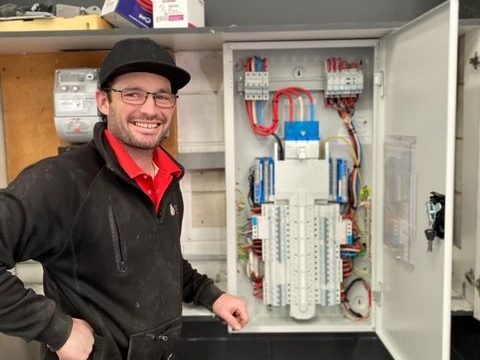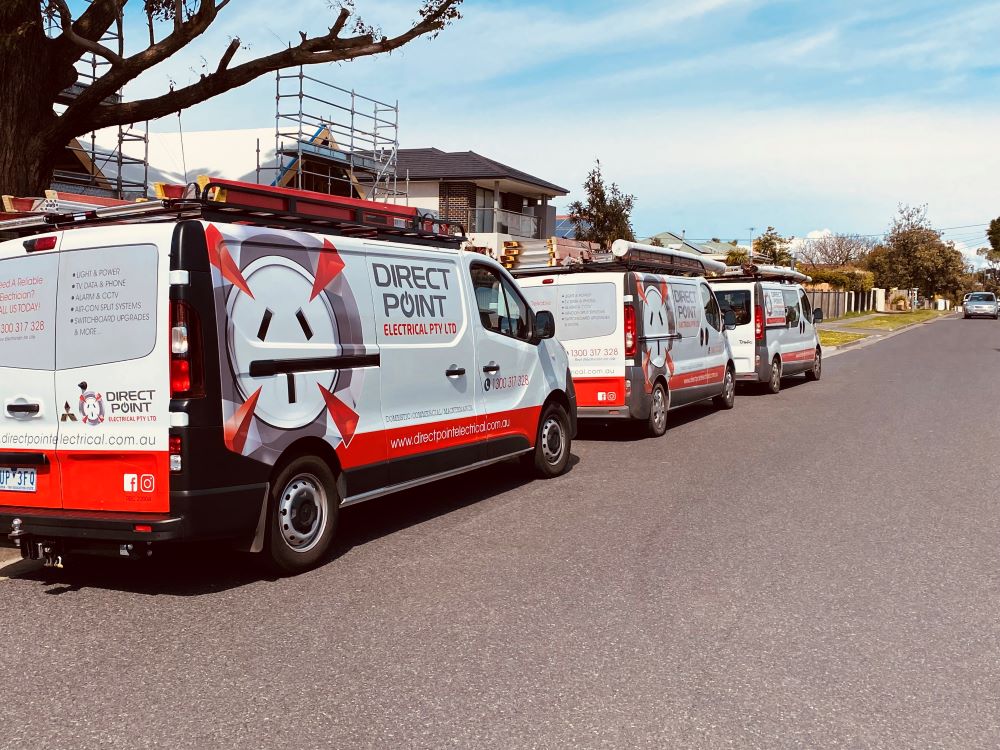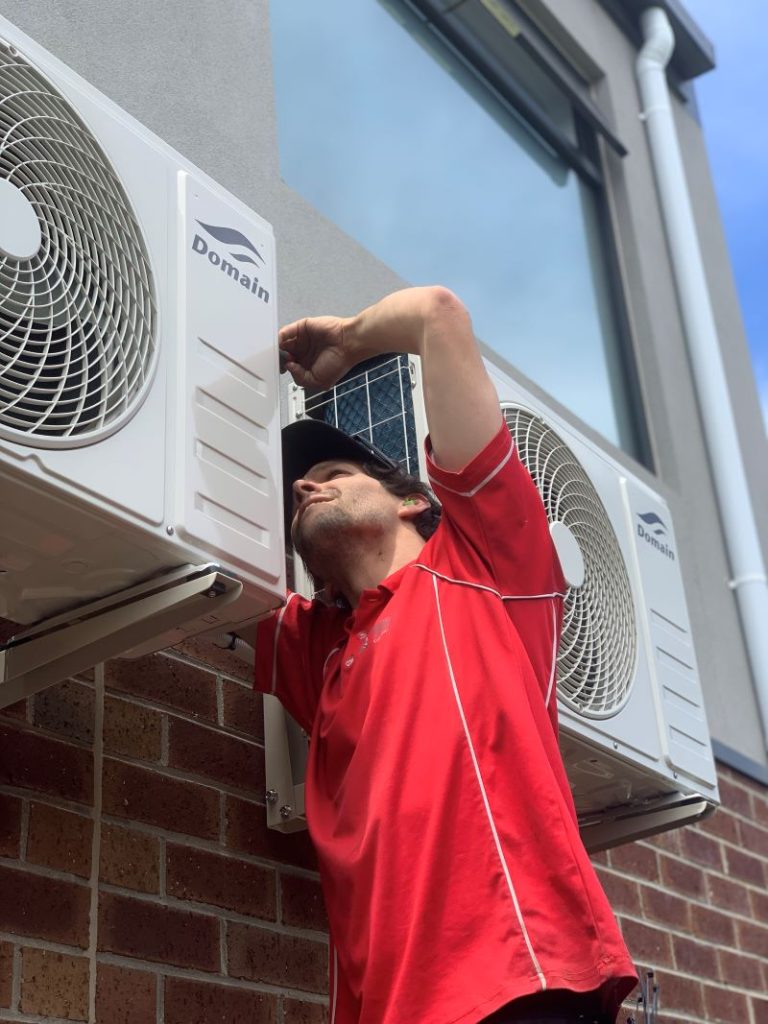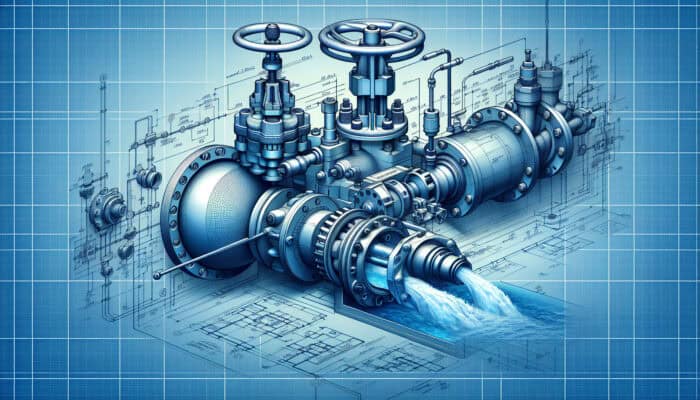Why Every Homeowner Must Prioritise Electrical Safety Inspections
An electrical safety inspection delivers a thorough examination of your home’s Wiring, switchboard, outlets, and safety devices. This critical assessment ensures compliance with the Australian Standard AS/NZS 3000 and identifies potential dangers, such as overloaded circuits, faulty wiring, or the absence of safety switches. Conducted by licensed electricians, these inspections are essential for preventing hazards like electric shock, catastrophic fires, and damage to your valuable electronic devices and appliances.

The Essential Electrical Safety Inspections Every Homeowner Should Schedule
Many homeowners mistakenly believe that their property’s electrical system is functioning optimally until a significant issue arises. Yet, how can you be sure that your wiring isn’t deteriorating behind the walls? Are you entirely confident that your switchboard is operating correctly and isn’t at risk of overheating? Regular electrical safety inspections are not just precautionary; they are imperative, especially in older suburbs like Narre Warren and Rowville. Numerous homes in these communities are over 40 years old, often featuring original switchboards that are outdated and may need replacing. Whether you’re buying, selling, renovating, or simply haven’t had an inspection in years, understanding how these inspections function and their importance is crucial for maintaining the safety of your home.
In-Depth Breakdown of What an Electrical Safety Inspection Entails
An electrical safety inspection includes a comprehensive evaluation of your property’s entire electrical infrastructure. A qualified electrician will inspect the condition, compliance, and functionality of:
- Wiring and cable insulation
- Power outlets and light switches
- Switchboard and circuit breakers
- Residual Current Devices (RCDs) or safety switches
- Earthing and bonding systems
- Appliance connections and load capacity
- Smoke alarm wiring (if hardwired)
- External weatherproofing of outdoor circuits
At Direct Point Electrical, we strictly follow all relevant legislation and guidelines, including the AS/NZS 3000:2018 Wiring Rules, Energy Safe Victoria protocols, and Victorian Rental Tenancy Regulations, ensuring that your home is both secure and compliant.
Why Electrical Inspections Are Critical for Older Homes
Homes built before 1990 typically used outdated wiring methods, such as rubber-insulated or aluminium cabling. These materials can degrade over time, particularly in environments exposed to heat or moisture. If your home has not undergone rewiring or an inspection in over 20 years, arranging a safety inspection is absolutely essential. We frequently uncover serious concerns, including:
- Non-earthed outlets
- Oversized fuses
- Lack of smoke alarms
- Circuits without RCDs
- Undersized cabling for modern electrical demands
These issues can present significant risks that jeopardise both your property and personal safety, making timely inspections crucial for peace of mind.
When to Schedule Your Electrical Inspection: Key Recommendations
- Before buying or selling a property: This often serves as a requirement by lenders and represents a vital step for buyer diligence.
- Before renovations or substantial appliance upgrades: Ensuring electrical safety prior to modifications is critical.
- After experiencing flood, storm, or fire damage: Immediate inspections are essential for spotting any new hazards.
- If your home is over 25 years old: Regular assessments are vital for older properties.
- As a landlord, when preparing a rental property: Compliance and safety evaluations are of utmost importance.
Since March 2021, landlords in Victoria are legally obliged to carry out electrical safety checks every 2 years, as stipulated in the Residential Tenancies Regulations 2021.
For further details, please visit: Victorian Government Consumer Affairs.
A Comprehensive Guide to the Electrical Safety Inspection Process
Our licensed electricians conduct an extensive walkthrough and evaluation of all accessible electrical systems, which includes:
- Testing each socket and switch for faults
- Checking polarity and voltage across all points
- Verifying the presence and effectiveness of RCDs
- Inspecting the switchboard layout, protection, and labelling
- Utilising thermal imaging to detect overheating components (when necessary)
- Conducting earth loop impedance testing
- Documenting any illegal or DIY wiring
Upon completion of the inspection, you will receive a detailed written report outlining:
- Identified hazards
- Compliance status
- Urgent repair needs (if applicable)
- Recommended improvements
- Options for enhancing safety
Additionally, we provide a Certificate of Electrical Safety (COES) for any rectification work performed during the inspection, ensuring peace of mind for homeowners.
Steps to Take If Your Home Does Not Pass the Electrical Safety Inspection
There’s no need for concern. Many homes we inspect require only minor improvements, such as installing an RCD, replacing a handful of worn outlets, or addressing an overloaded circuit. If we discover more serious issues, such as non-earthed wiring or an outdated switchboard, we will highlight these safety risks and provide you with a clear, fixed quote for necessary repairs. For further information about our approach to updates, please visit our electrical services page.
Understanding the Time Required for an Electrical Safety Inspection
The duration of most inspections typically ranges from 1.5 to 2.5 hours, influenced by the size and accessibility of the property. If you live in a double-storey or split-level home, or have extensive outdoor power systems, the time needed may vary slightly to ensure a comprehensive assessment is conducted.
Financial Advantages of Regular Electrical Safety Inspections
Indeed, failing to detect issues such as leaking current, loose neutral connections, or improperly loaded circuits can lead to significant consequences, including:
- Increased power bills
- Reduced lifespan of your appliances
- Risk of expensive repairs if problems go unnoticed
Moreover, early detection of faults protects you from potential financial burdens and legal liabilities associated with an electrical fire or injury claims, particularly if you are a landlord.
Commonly Asked Questions About Electrical Safety Inspections
What differentiates a safety inspection from an energy audit?
A safety inspection is focused on identifying hazards and ensuring compliance with safety standards, while an energy audit evaluates energy efficiency and offers recommendations for minimising energy use.
Should I switch off the power during the inspection?
It is not always necessary to turn off the power. Some tests may require brief disconnections, but most of the inspection can be conducted while the power is on.
Will I face fines if I neglect safety checks?
If you are a landlord, the answer is yes. Under the Residential Tenancies Act, failure to perform bi-annual safety checks can lead to fines or complications with rental listings, which can be quite serious.
Is a safety inspection necessary if I have solar panels?
Yes, a safety inspection is essential. Solar systems incorporate additional components that require testing, including isolators, inverters, and export limits, all of which must comply with safety standards.
Can DIY electrical work negatively impact my inspection results?
It certainly can. Any non-compliant or unlicensed modifications must be rectified before we can issue a safety clearance, making professional oversight crucial.
Your Trusted Local Electrician for Comprehensive Electrical Safety Inspections
Investing in electrical safety inspections is one of the most vital and cost-effective protective measures available for your home. These inspections are crucial in preventing unfortunate incidents. If your property is older, has undergone recent renovations, or hasn’t been professionally checked in years, now is the ideal time to take proactive steps to ensure your home’s safety.
Contact Direct Point Electrical today to schedule your professional inspection and secure your home’s electrical safety.
Your Reliable Local Electricians Are Here to Assist You
Electrical Safety Inspections Explained: What Melbourne Homeowners Must Know
The Article: Electrical Safety Inspections: Essential Guide for Melbourne Homeowners first appeared on https://writebuff.com
The Article Essential Guide to Electrical Safety Inspections for Melbourne Homeowners Was Found On https://limitsofstrategy.com
References:
Essential Guide to Electrical Safety Inspections for Melbourne Homeowners
Electrical Safety Inspections: A Guide for Melbourne Homeowners






